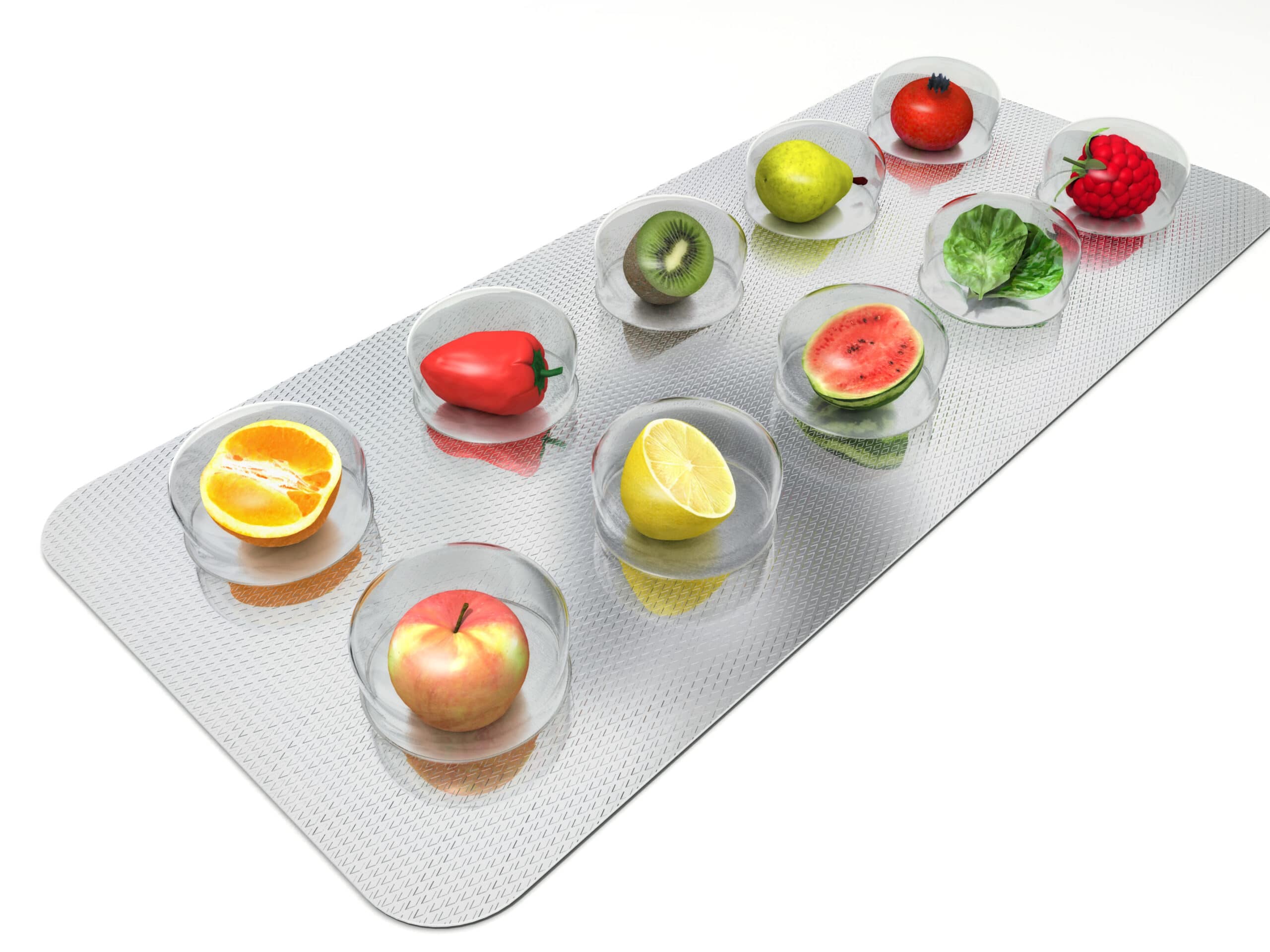Understanding Varicose Veins
Before delving into the dietary aspects, it’s essential to understand what varicose veins are. Varicose veins(1) occur when the valves within the veins malfunction, leading to the pooling of blood and enlargement of the veins. This can result in symptoms such as:
– Discomfort
– Pain
– Aching sensations
For severe varicose veins or persistent symptoms, seeking professional medical advice is essential. Treatment options may include minimally invasive procedures or surgical interventions. A vein clinic in Dallas can help you diagnose and treat your condition.
The Role of Diet in Varicose Veins
Dietary choices have a significant influence on vein health. Nutrients play vital roles in supporting the circulatory system and reducing inflammation. These nutrients include:
– Fiber
– Antioxidants
– Vitamins and minerals
Foods That May Help Improve Varicose Veins
Certain foods play vital roles in supporting vein health:
1. High-Fiber Foods
Including fiber-rich(2) foods can promote healthy digestion and regular bowel movements. This can indirectly reduce pressure on the veins. Some examples of fiber-rich foods are:
– Whole grains
– Legumes
– Fruits and vegetables
2. Antioxidant-Rich Foods
Foods rich in antioxidants help combat oxidative stress and inflammation, potentially benefiting vein health. Rich sources of antioxidants are:
– Berries(3)
– Citrus fruits
– Leafy greens
3. Vitamin C
Vitamin C(4) is crucial for collagen production, essential for maintaining the integrity of blood vessels. Foods rich in vitamin C are the following:
– Citrus fruits
– Papayas
– Tomatoes
4. Vitamin E
Vitamin E(5) acts as an antioxidant and helps protect blood vessels from oxidative damage. You can find rich sources of vitamin E in the following foods:
– Vegetable oils
– Nuts
– Avocados
5. Zinc and Selenium
These minerals play a role in wound healing and can support vein health. Food rich in zinc(6) and selenium are:
– Mushrooms
– Oysters
– Spinach
6. Anti-Inflammatory Foods
Inflammation(7) is a key factor in the development and progression of varicose veins. Consuming an anti-inflammatory diet can help mitigate this issue. The following foods possess anti-inflammatory properties:
– Walnuts
– Olive oils
– Leafy greens
7. Importance of Hydration
Proper hydration is essential for maintaining healthy blood flow and preventing blood from thickening. Water can also prevent blood from thickening, reducing the risk of clot formation.
Foods to Limit or Avoid with Varicose Veins
While many foods can be beneficial for varicose veins, some might require caution:
1. High-Sodium Foods
High salt intake can contribute to water retention, making the veins more susceptible to increased pressure. Cutting back on salt in your diet may help alleviate varicose veins and promote overall cardiovascular health.
2. Sugary and Processed Foods
Refined sugars and processed foods contribute to weight gain and inflammation, potentially aggravating varicose veins.
3. Trans Fats
Trans fats in processed fast foods can promote inflammation and interfere with blood circulation. Also, the consumption of trans fats(8) is associated with the emergence of cardiovascular diseases.
4. Alcohol
Alcohol(9) consumption can cause dehydration and dilation of blood vessels, potentially exacerbating varicose veins.
Conclusion
Diet plays a vital role in managing varicose veins. Incorporating foods rich in essential vitamins and minerals can support vein health. Simultaneously, avoiding processed foods can help prevent the worsening of the condition. Healthy lifestyle habits, like proper hydration, can complement a varicose veins diet.




